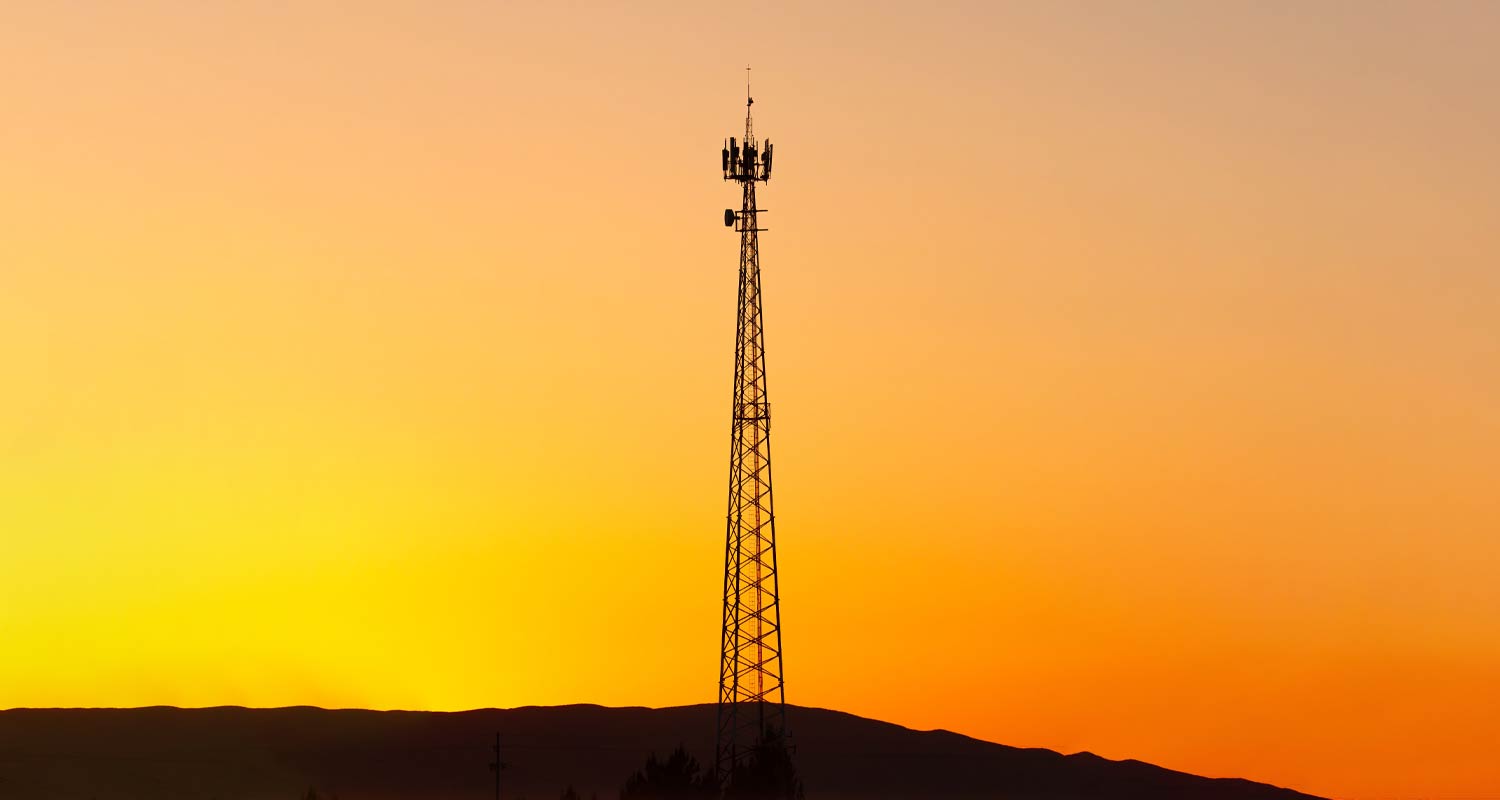 Following the recent gazetting of communications regulator Icasa’s position paper on the inquiry into the implementation of dynamic spectrum access and sharing, a closer look at the ramifications of this technology in South Africa are warranted.
Following the recent gazetting of communications regulator Icasa’s position paper on the inquiry into the implementation of dynamic spectrum access and sharing, a closer look at the ramifications of this technology in South Africa are warranted.
South Africa, like many nations, faces a growing challenge: the ever-increasing demand for wireless data is straining the limited resource of radio frequency spectrum.
Cellular networks, Wi-Fi and other wireless technologies all rely on this spectrum to function, and with data consumption doubling every two years, the pressure is on to use this resource more efficiently.
According to a Statista report, almost 44 million South Africans were connected to the internet in 2023, up from around 25 million in 2013. Moreover, most the population (78.7%) used mobile devices to access the internet in 2022, with this expected to increase to more than 90% by 2027.
Dynamic spectrum sharing (DSS) offers a compelling solution to meeting this demand, promising to unlock the full potential of spectrum and bridge the digital divide in South Africa.
A glass full of gaps
Imagine a glass filled with large stones. It appears full, but in reality there are gaps between the stones. This analogy perfectly illustrates the current state of spectrum allocation in South Africa.
Licensed cellular operators hold large chunks of spectrum, but these chunks are not always fully utilised. The gaps represent underused spectrum that could be shared with other users through DSS.
South Africa has already taken valuable steps towards DSS. The successful implementation of TV white spaces (TVWS), which included a Wapa USTDA-sponsored project, demonstrates the potential of this approach.
TVWS takes unused spectrum gaps in the television broadcasting bands and, by employing a geolocation database gives users access to these gaps without interfering with TV broadcasts. This paves the way for broader adoption of DSS across other spectrum bands.
CBRS and the pyramid model
The Citizen Broadband Radio Service (CBRS) in the US offers another inspiring example. CBRS operates in the 3.5GHz band, with a pyramid structure prioritising users. Incumbent users like the military have guaranteed access at the top. In the middle tier, users can purchase priority access. And the bottom tier uses a dynamic allocation system, allowing unlicensed users to access available spectrum based on location. This model ensures efficient spectrum utilisation while protecting critical services.
The recent opening of the 6GHz band for indoor Wi-Fi use (Wi-Fi 6E) in South Africa is another positive step. However, the potential goes beyond indoor use. Globally, countries like Canada are exploring the use of 6GHz for powerful, standard-power fixed broadband wireless applications. This technology holds immense promise for extending broadband access to underserved rural areas in South Africa.

As with TVWS, using higher bands like 6GHz requires protecting existing users. Automatic frequency coordination databases play a crucial role here. These databases allow incumbent satellite users to register their location and when a new device powers up, it automatically receives a spectrum allocation that avoids interference. This ensures efficient spectrum utilisation while safeguarding existing services.
Use it or lose it
Icasa has generally taken a proactive stance towards spectrum management. Its “use it or lose it” policy discourages companies from acquiring spectrum and sitting on it. This ensures that spectrum is actively used and prevents a return to the previous scenario of underutilised licensed holdings.
The next step is to establish a “sandbox” environment where different DSS implementation methods can be trialled. This will allow for experimentation and optimisation to ensure maximum benefit from this technology. South Africa has a strong track record of innovation, and a DSS sandbox would be a natural extension of this spirit.
Read: Icasa opens big chunk of 6GHz band to Wi-Fi
The question of revenue generation with DSS also needs to be addressed. The geolocation database used for TVWS could be a model, where access fees are charged per radio per month.
Additionally, private vendors that develop their own radio equipment and databases demonstrate the viability of selling hardware with bundled access.
Closing thoughts
Spectrum is a finite resource, and South Africa, like the rest of the world, needs to prioritise efficient usage. Dynamic spectrum sharing offers a powerful solution, unlocking the full potential of spectrum and enabling innovative services.
Implementing DSS can address the rapid growth of internet usage and bridge the digital divide in underserved rural areas. By embracing this technology and fostering a culture of shared resources, South Africa can take a significant step towards a more connected and equitable future.
- The author, Paul Colmer, is executive committee member at the Wireless Access Providers’ Association

